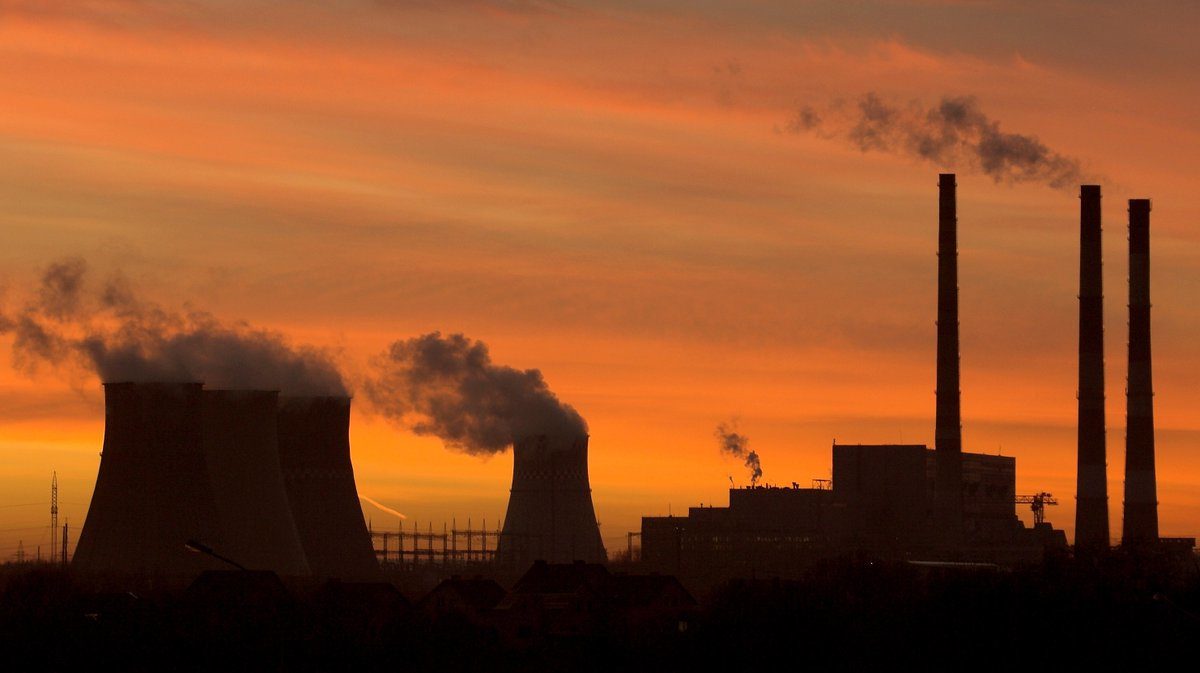Ireland yesterday published its National Mitigation Plan, prepared in line with its Climate Action and Low Carbon Development Act, 2015, and designed to complement the country’s Paris Agreement commitment towards lowering its emissions.
The 200-page document, with a foreword by new Taoiseach Leo Varadkar, outlines in great detail the nation’s next era of energy engagement through to 2030 and 2050.
However, despite a whole chapter dedicated to decarbonising electricity generation, solar is given relatively short-shrift in the plan, with Ireland’s government seemingly keener to back bioenergy and offshore renewable generation in the form of wind power.
Ireland’s minister for communication, climate action and environment Denis Naughten said: “The National Mitigation Plan provides a sustained, considered and strategic approach to incremental and permanent decarbonisation involving all of government and society.
“As a country we are playing catch-up on our obligations in relation to climate change. This obligation is as much an opportunity as an obligation. In any event, it is a moral necessity and a vital national interest.”
In the third chapter of the plan, solar PV is discussed as one of the range of technologies under consideration by Ireland’s DCCAE (Department of Communications, Climate Action and Environment) under the new Renewable Electricity Support Scheme that is currently being developed.
However, greater attention is paid to grid improvements, a more digital connectivity and finalization of new wind energy guidelines – designed to expedite Ireland’s shift away from coal and peat consumption. Friends of the Earth criticized the plan for failing to set an end date for the burning of coal and peat.
Solar power is, though, mooted as a potential driver for the uptake in community participation of renewable energy, with a proposal also put forward in the plan for a study on how best to phase out the Moneypoint coal-fired power station by 2019.
“There’s nothing concrete on supporting small-scale solar to actually enable communities take part in the energy transition by making schools, sports clubs and parish halls into locally-owned power plants, something the Taoiseach [Leo Varadkar] himself says he supports,” said Friends of the Earth’s Oisín Coughlan.
This content is protected by copyright and may not be reused. If you want to cooperate with us and would like to reuse some of our content, please contact: editors@pv-magazine.com.



By submitting this form you agree to pv magazine using your data for the purposes of publishing your comment.
Your personal data will only be disclosed or otherwise transmitted to third parties for the purposes of spam filtering or if this is necessary for technical maintenance of the website. Any other transfer to third parties will not take place unless this is justified on the basis of applicable data protection regulations or if pv magazine is legally obliged to do so.
You may revoke this consent at any time with effect for the future, in which case your personal data will be deleted immediately. Otherwise, your data will be deleted if pv magazine has processed your request or the purpose of data storage is fulfilled.
Further information on data privacy can be found in our Data Protection Policy.